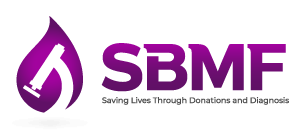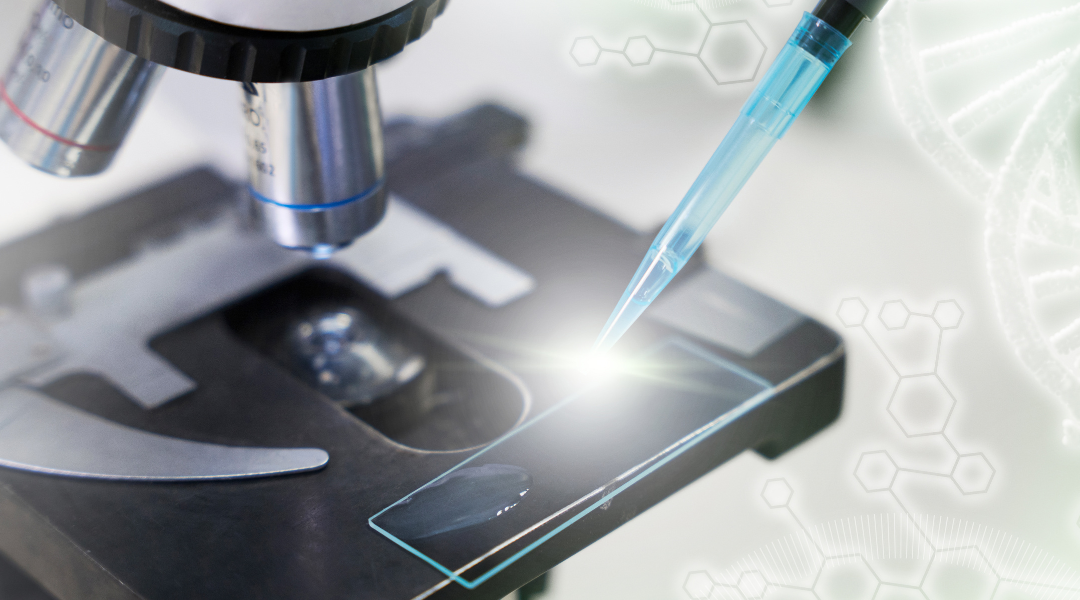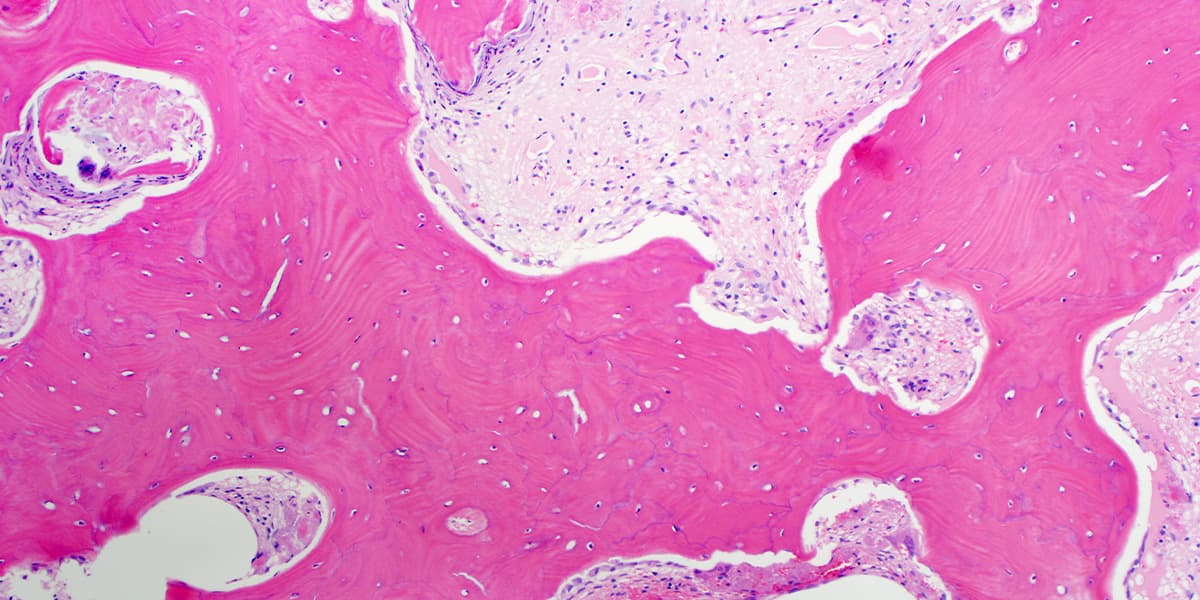Pathology, the science of diagnosing diseases and understanding their underlying causes, has long been the backbone of effective healthcare. Currently, meticulous examination of tissue samples under a microscope and laboratory analyses in pathology are essential for accurate disease diagnosis and contribute significantly to successful treatment outcomes. However, as technology rapidly evolves, the future of pathology is poised to redefine conventional medical practices and unlock the possibilities for precision and innovation.
What are the Types of Pathology? Learn More in Our Blog
Future of Pathology, Unveiling the Possibilities
While pathology has long been the backbone of effective healthcare, it is true that many other medical fields are advancing at a faster pace. However, this discrepancy presents a unique opportunity for the field of pathology to catch up and propel itself forward.
Digital Transformation
One of the key pillars of the future of pathology is the digitization of pathology slides and the implementation of digital pathology systems. By converting glass slides into digital images, these systems allow pathologists to access and analyze slides remotely, fostering collaboration and second opinions from experts around the world. With digital slides, pathologists can overcome the limitations of physical storage and rapidly share cases, resulting in timely diagnoses and improved patient care.
Artificial Intelligence and Machine Learning
The integration of artificial intelligence (AI) and machine learning algorithms into pathology practices is poised to revolutionize diagnostic accuracy. These technologies help detect subtle patterns, estimate prognosis, and predict treatment response based on vast datasets. AI-powered tools can assist pathologists by analyzing large volumes of data quickly and accurately, identifying potential abnormalities that may have been missed otherwise.

AI can help pathologists in diagnosing diseases more accurately by analyzing digital slide images.
Precision Medicine
Precision medicine is an innovative approach to disease treatment and prevention that takes into account individual differences in genes, environment, and lifestyle. In the context of pathology, precision medicine involves the analysis of genetic and molecular characteristics of tumors, allowing pathologists to tailor treatment plans specifically to each patient’s needs. Through advancements in molecular diagnostics, pathologists can analyze the genetic and molecular makeup of tumors, enabling targeted therapies tailored to the patient’s specific needs. This personalized approach not only improves treatment effectiveness but also minimizes unnecessary side effects and enhances patient well-being.
Liquid Biopsies
Liquid biopsies are a rapidly emerging technology that could have a significant impact on the future of pathology. These tests analyze blood or other bodily fluids for circulating tumor cells, DNA, or protein biomarkers to help diagnose and monitor cancer and other diseases. Liquid biopsies have the potential to be less invasive and more accurate than traditional tissue biopsies since they can detect tumor cells or mutations that may be missed in a tissue biopsy.
Automation and Robotics
Automation and robotics may also transform the workflow of pathology laboratories. Routine tasks such as staining, slide labeling, and tissue sectioning can be automated, freeing up pathologists’ time to focus on complex diagnostic challenges. Robotic assistance can also streamline workflows, reducing turnaround times, and enhancing efficiency. This increased automation enables laboratories to handle higher volumes of cases, which is essential in the face of growing demand and limited resources.
When Will This be Implemented??
The future of pathology holds immense promise in transforming healthcare practices and improving patient outcomes. However, it takes time, commitment, and cooperation among healthcare professionals, institutions, and policymakers to fully harness the potential of these technological and methodological advancements. Adapting to new tools and workflows, ongoing education, regulatory adjustments, and ensuring data interoperability are all vital components of this evolution. Striking a balance between innovation and cost-effectiveness is crucial to guarantee equitable access to advanced pathology for all patients. As these challenges are met, pathology will continue to play a pivotal role in reshaping healthcare practices, offering the prospect of a healthier and more efficient healthcare system for the future.
SBMF is fully committed to being an active and contributing participant in the future of pathology. We will continue to be at the forefront of advancements, embracing new technologies, methodologies, and practices to drive positive change in healthcare. SBMF is positioned as an organization that will support and participate in the ongoing evolution of pathology as it continues to advance into the future.





